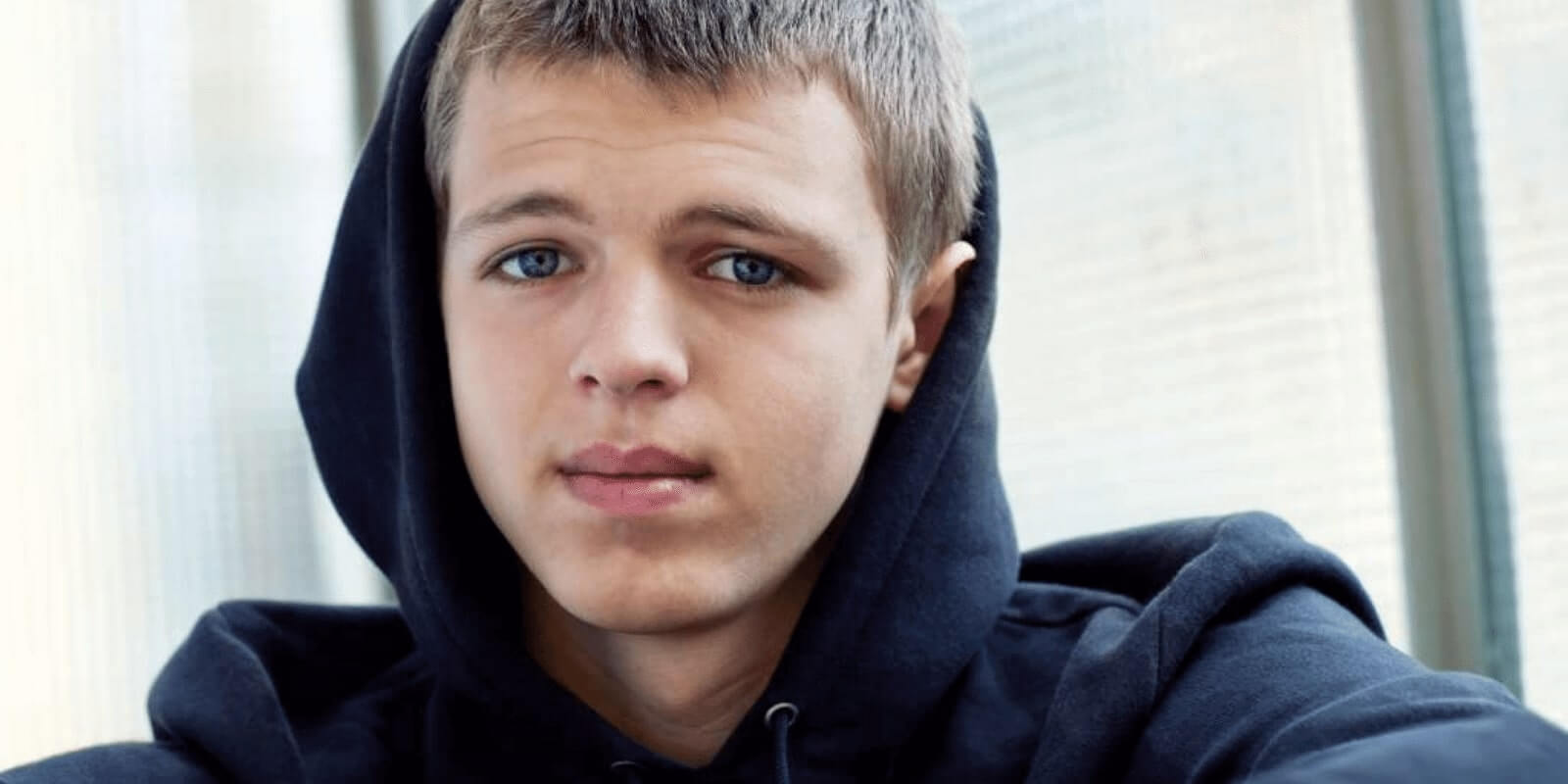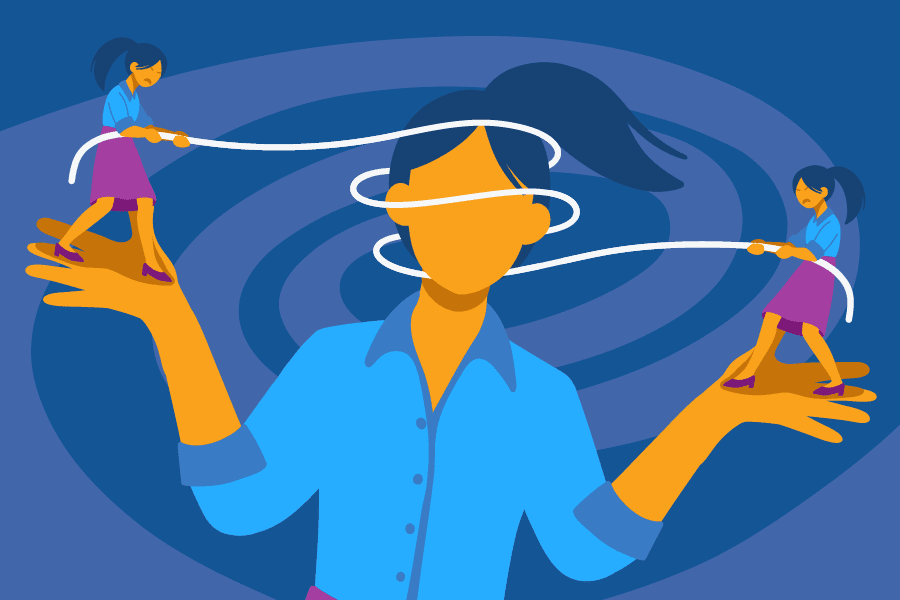Autism and Substance Abuse
Autism has become increasingly familiar and commonly discussed in the past decades. It is perhaps the most heard about Neurodevelopmental Disorder, with many people having some sense of what the disorder looks like.
What is Autism?
The formal diagnosis is known as Autism Spectrum Disorder (ASD). At one point there was both an Autistic Disorder and an Asperger’s Syndrome, however, they have now been folded into the ASD diagnosis, though many people may use the term Asperger’s to describe certain behaviors.The CDC reports that approximately 1.25-2.24% of the population have a lifetime prevalence for Autism.
Diagnosis & Emergence of Autism
Autism is an extremely complex disorder and it can often coincide with other genetic conditions. The term Autism Spectrum or simply “on the Spectrum”, is commonly used to describe how severely the disorder presents in a person.
Some individuals may be nonverbal and be completely dependent on a caregiver, whereas others may have mild symptoms with very high functioning.
Diagnosis, like the disorder, can be complex and unlike other psychiatric disorders, tends to involve more than a psychiatric evaluation. Depending on the age of a child, diagnosis will usually involve screenings and checkups with a pediatrician and then evaluation, which will require a team of doctors and healthcare professionals.
This process will test cognitive, developmental, social and speech and language skills. The diagnostic process may look different if symptoms are first observed at school rather than at home or by a doctor.

Symptoms & Behaviors of Autism
Autism and the diagnosis encompass two areas of behaviors: Social communication and interaction and restrictive and repetitive behaviors.This can mean that those with Autism have difficulty interacting in social situations or exchanges.
They can struggle with reacting appropriately in conversation, showing expected empathy or understanding, and reading or performing non-verbal queues. A normal back and forth conversation or the connections that occur from sharing common interests and emotions with others, often come with difficulty.
Deficits in these social behaviors can result in trouble having or keeping relationships and knowing how to adjust oneself for different social environments.
Rituals and Routine
Repetitive or restrictive behaviors can be physical or verbal. It could look like someone repeating a motion or constantly lining up toys or objects. There can be a strong reliance on routine with very limited flexibility that can seem ritualized. Or it may be that someone shows an obsession with a certain object or interest.
A hypersensitivity to light, smell, noise or texture is also often present. Changes in routine or an increase in external stimuli can cause incredible stress and distress to the individual.
Due to the desire and need for routine, environments that demand flexibility and adherence to rules, such as school or living with siblings, can be especially stress inducing and upsetting for those with Autism.
Awareness of Abnormal Behavior
Depending on the individual, particularly if they are on the Spectrum, but do not have severe Autism, these deficits can be profoundly upsetting and make social situations very troubling and anxiety producing.
Many individuals may be aware that their behaviors, routines, and aversion to certain situations are abnormal or simply that they do not fit in. Having that awareness while being unable to change who they are or struggling to learn how to appropriately behave, can be challenging and cause secondary issues.
Intelligence
Autism is also unique as a disorder because many with the disorder show a much higher than average intelligence and the two seemed to be linked to some degree. There is a strong correlation between ASD and strong talents or even genius in math, science, art and music.
Many individuals show uncanny strength of memorization, remembering minute details over long period of time. People often show a deep fascination in a particular subject for years or their entire life becoming an expert on it.
Cause of Autism
There is no known specific cause for ASD, however, both genetics and environment seem to be linked to the disorder. There are some known factors that increase the likelihood of development, such as having parents who are older or having a sibling who has ASD. Boys are approximately five times more likely to have the disorder than girls.
Secondary Struggles & Co-occurring Disorders with Autism
Due to the social and communication challenges that those with Autism face, as well as the routine oriented behaviors, it is unsurprising that many children with Autism face secondary difficulties that can develop into a co-occurring disorder.
It is important to remember that though someone with Autism might not be able to react appropriately in a situation or have strong relationships with peers, it does not mean they are unaware of their behaviors. There can often be feelings of otherness or being abnormal as well as bullying from peers.
Social anxiety and depression often emerge due to these challenges. As adolescence progresses and social situations become more complicated, it appears that anxiety can increase. This is often paired with poor stress management skills, which can exacerbate feelings of anxiousness and sadness.
Given this combination, many teens withdraw more into themselves, further isolating from the world around them. Many individuals look for escape and turn to substances as a way to cope. Drugs and alcohol can also be used as a social lubricant, easing anxiety or facilitating connection in social situations.
Reaching Out for Dual Diagnosis Support
Substance use is always a huge risk for adolescents or teens, and for those with Autism, it can be particularly harmful. Though the individual may feel more at ease in the moment, substance use can further decrease social functioning, increase feelings anxiety or depression, reduce coping skills and increase acute stressors. Using can become a cycle and develop into substance abuse and drug or alcohol counseling may be needed.


Online Treatment Programs
Our virtual IOP program offers the same programming that we offer in person, all online – this is ideal for those who live too far to drive to an addiction center, have transportation issues, or have health concerns that make in-person treatment challenging.




